In their review in BioEssays, Beata Ujvari and colleagues review how the transmissible cancer termed ‘devil facial tumor disease’ affects life history adaptations in Tasmanian devils.
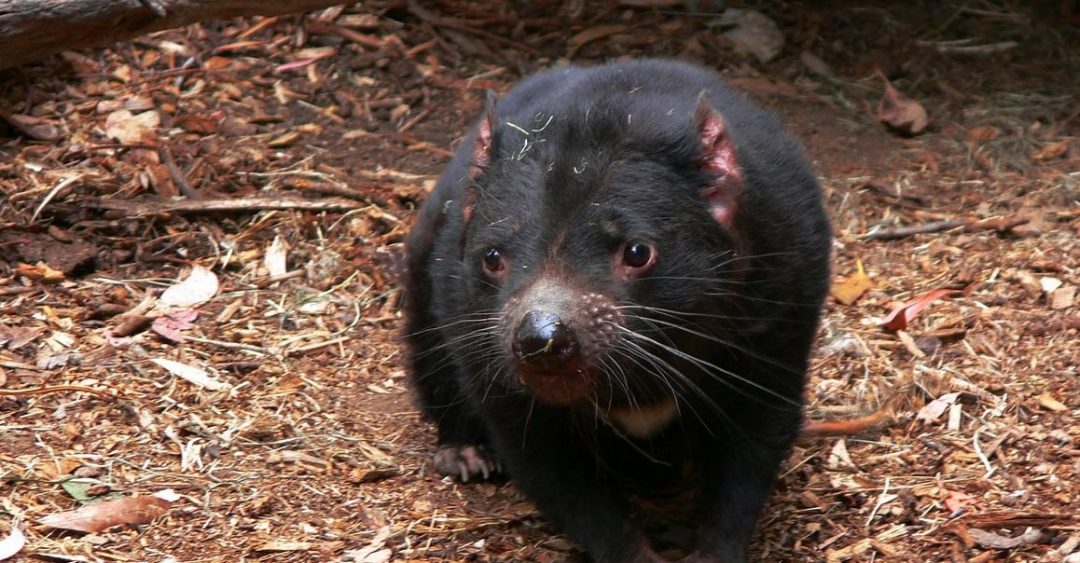

In their review in BioEssays, Beata Ujvari and colleagues review how the transmissible cancer termed ‘devil facial tumor disease’ affects life history adaptations in Tasmanian devils.
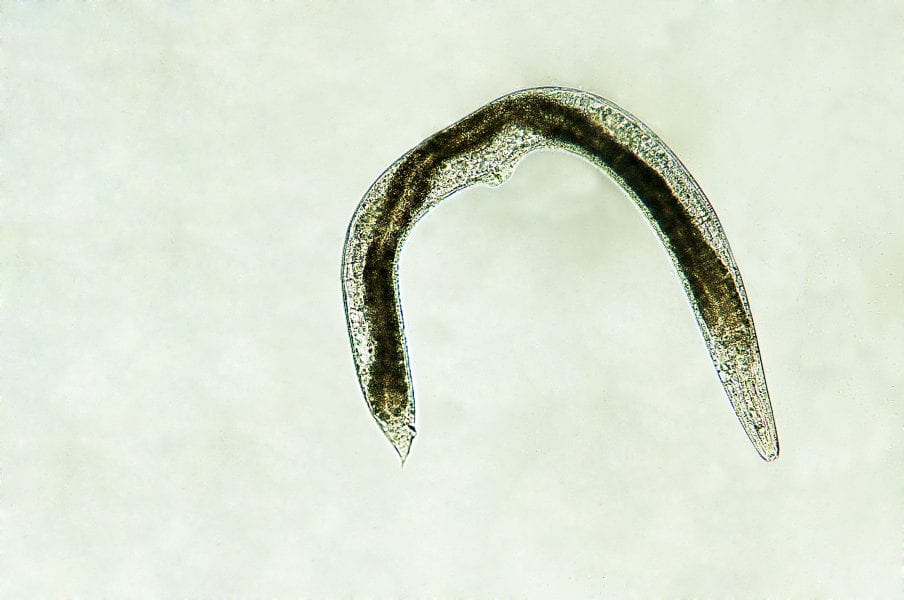
Interestingly, C. elegans is capable of a remarkable case of phenotypic plasticity, called the dauer stage, where it is capable of surviving without food for three months. (Image credit: D. Kucharski K. Kucharska/Shutterstock)
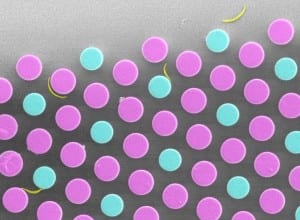
Malaria parasites moving in pillar arrays reveal structural tropism to invade small blood vessels in the skin.
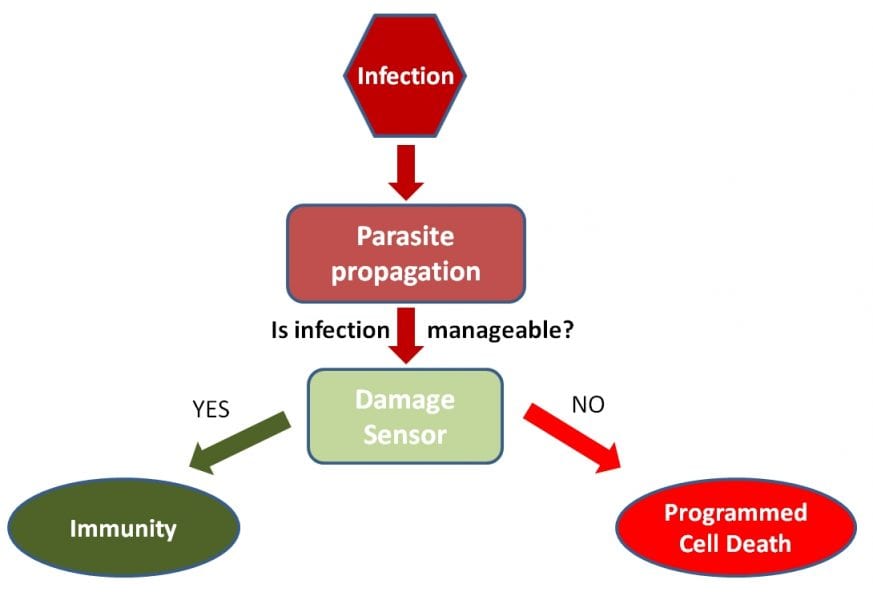
In their review in BioEssays, Eugene Koonin and Feng Zhang discuss the different outcomes when prokaryotes are infected by a virus.
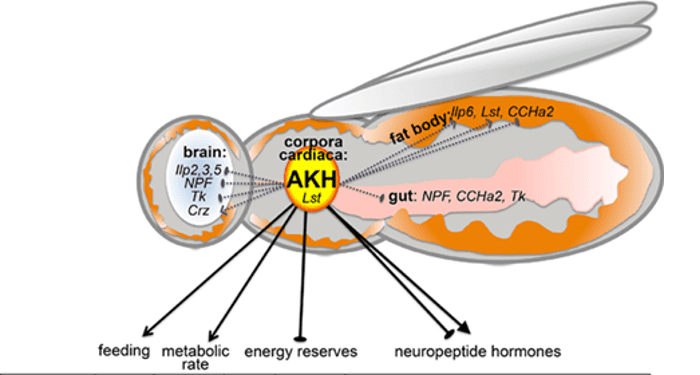
The adipokinetic hormone (AKH), an insect analog of the human hormone glucagon, is a central regulator of energy homeostasis and lipid mobilization in insects. Silencing of the AKH-receptor leads to fly obesity.
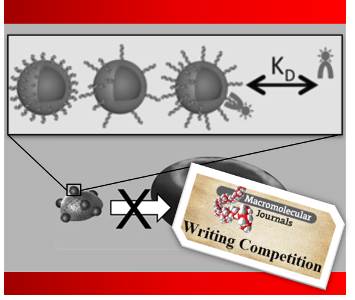
Nanoscale vesicles made from different block copolymers and functionalized with heparin represent a new design concept for polymer-based nanomimics.
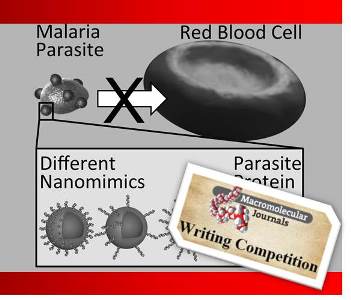
A nanomimics concept based on block copolymer vesicles is evaluated with regard to molecular factors influencing antimalarial activity.